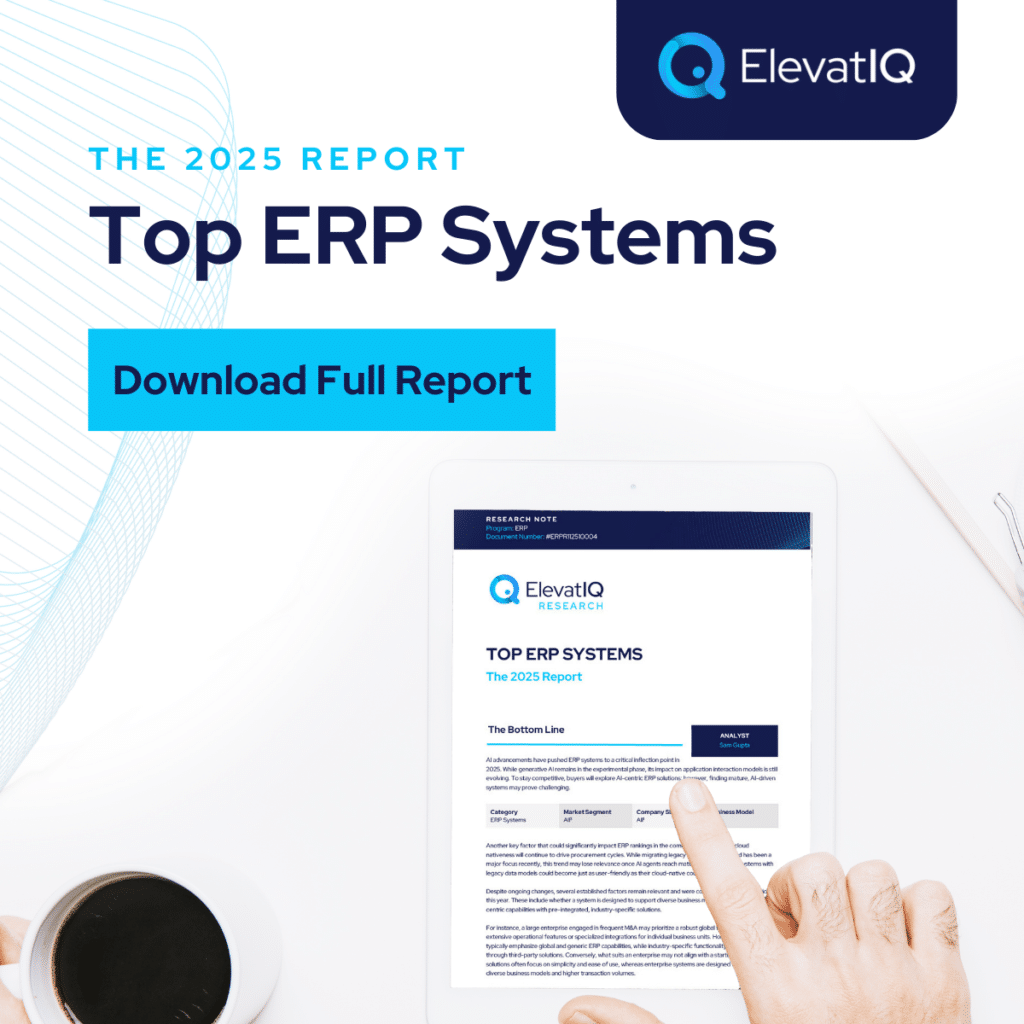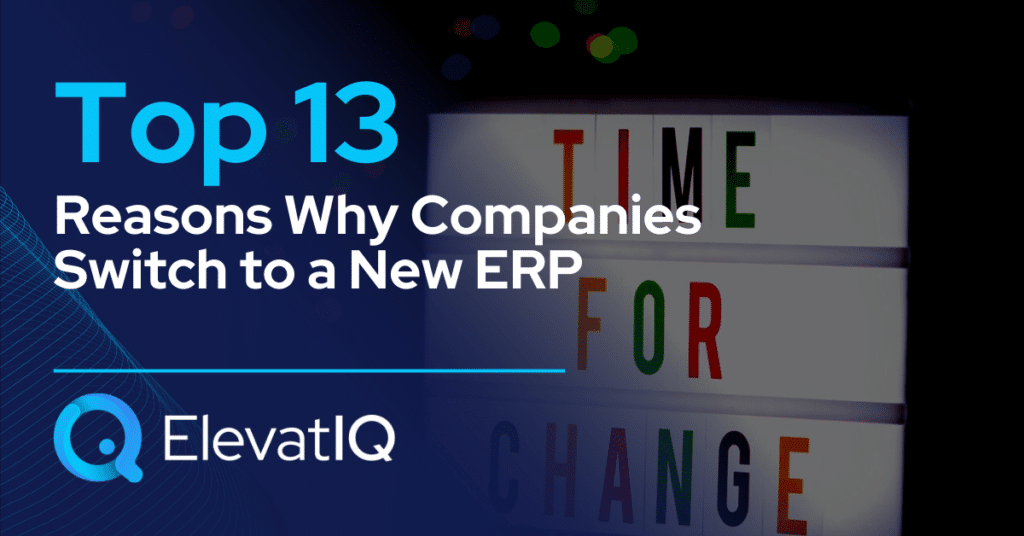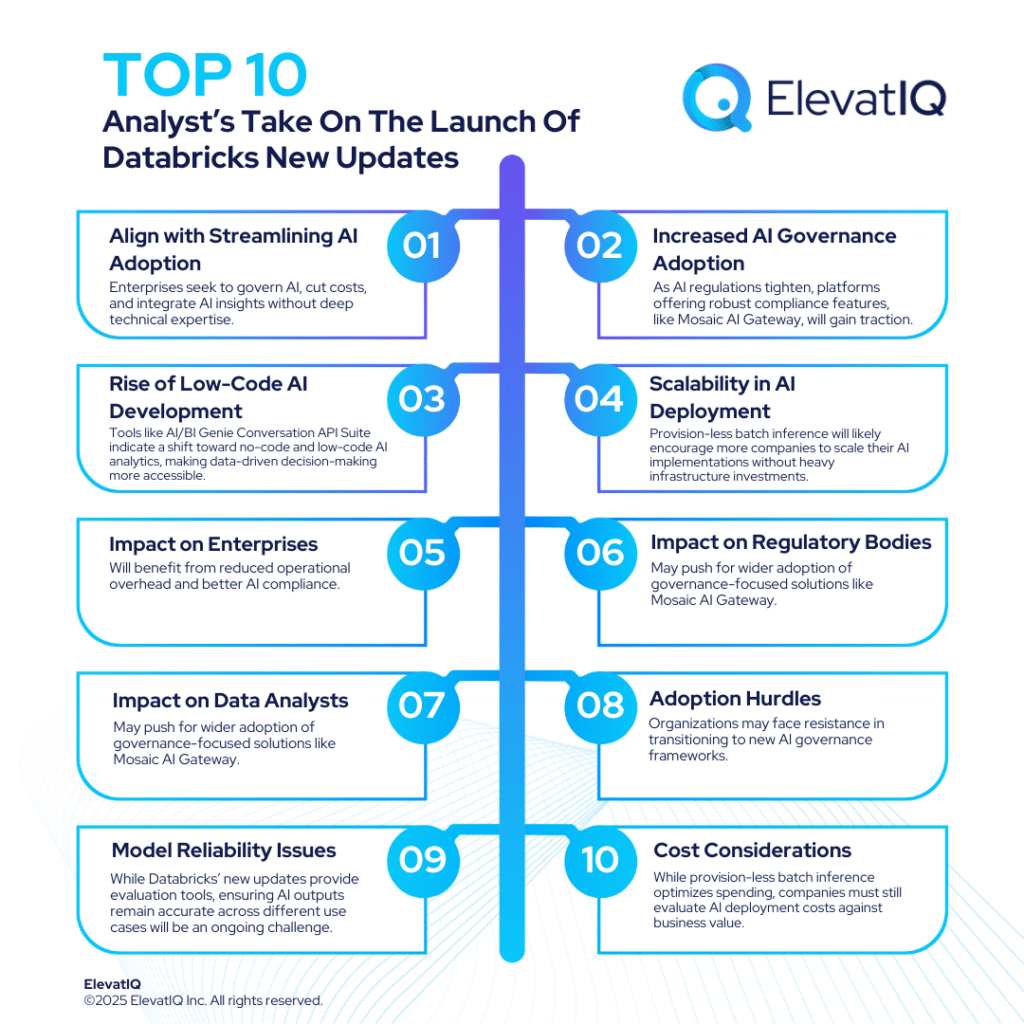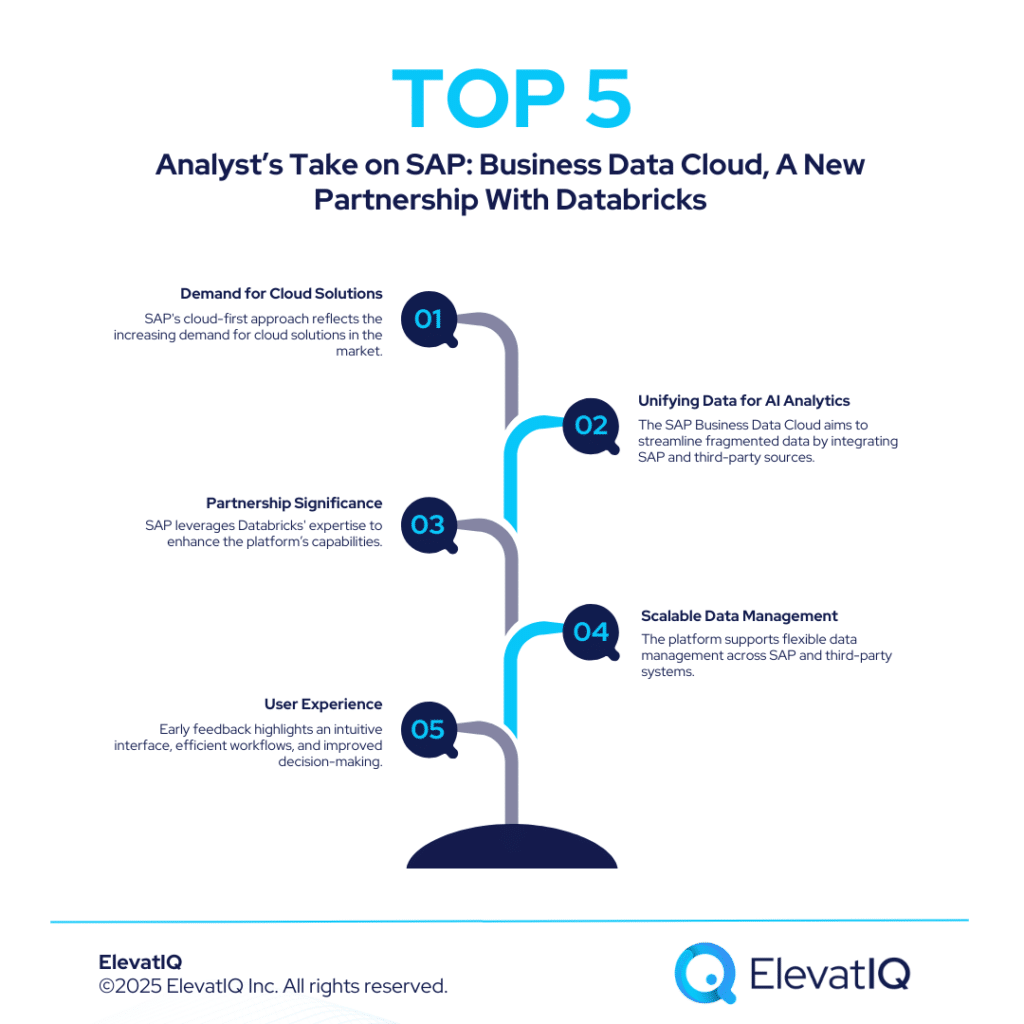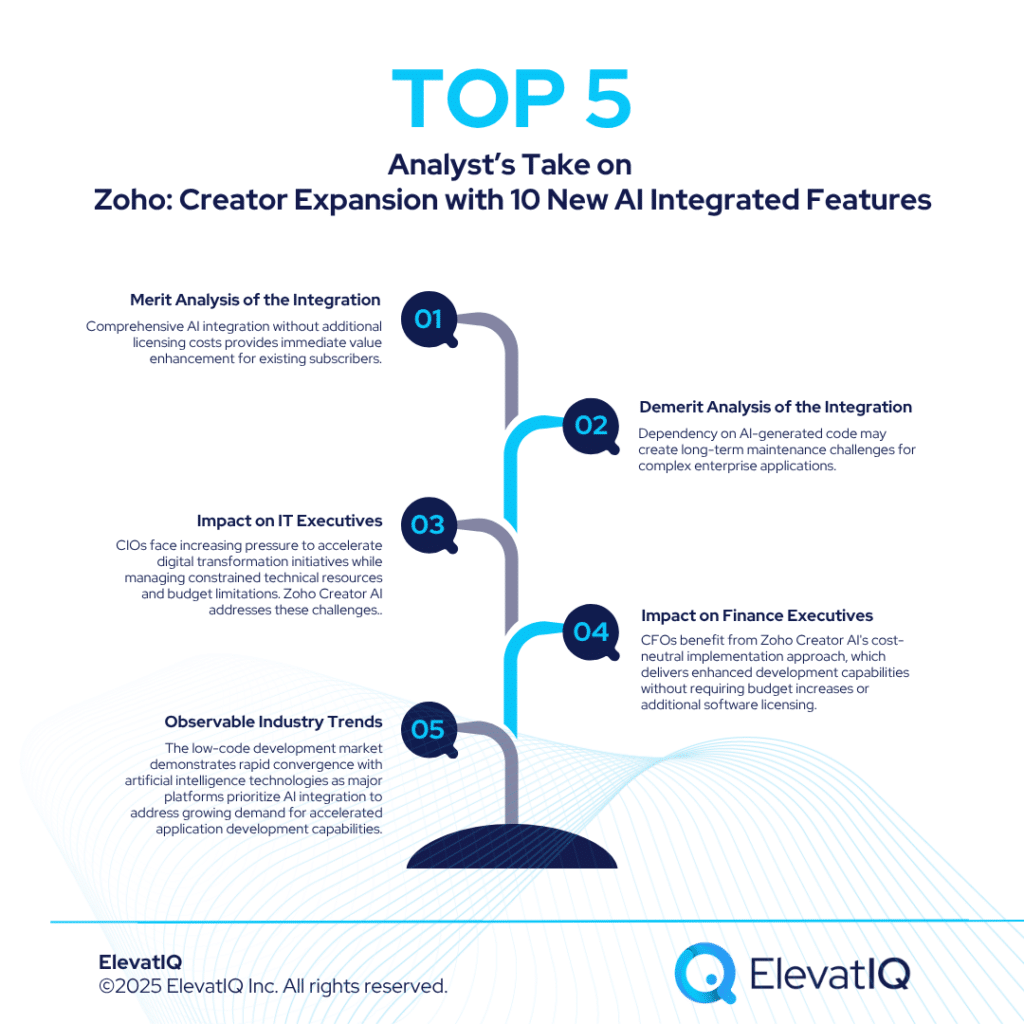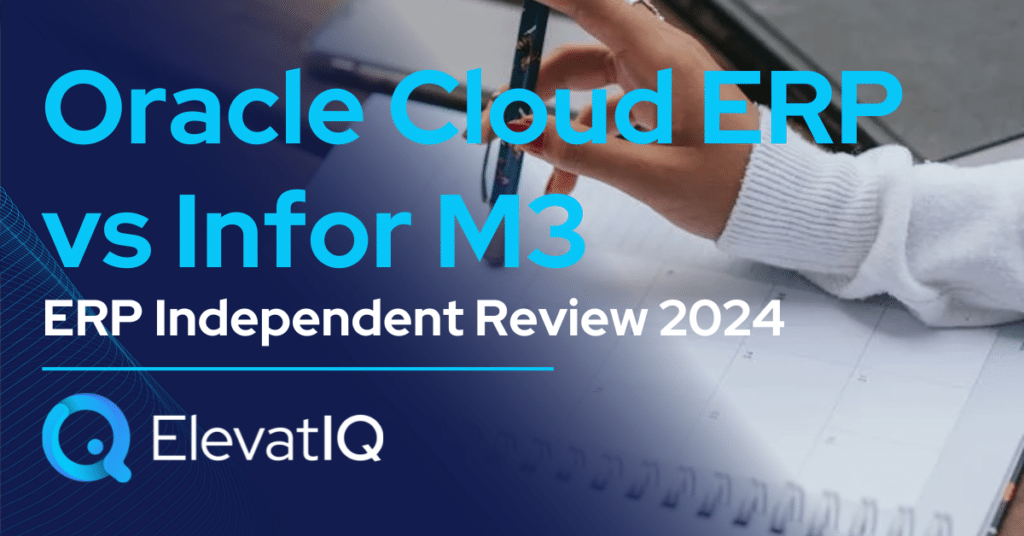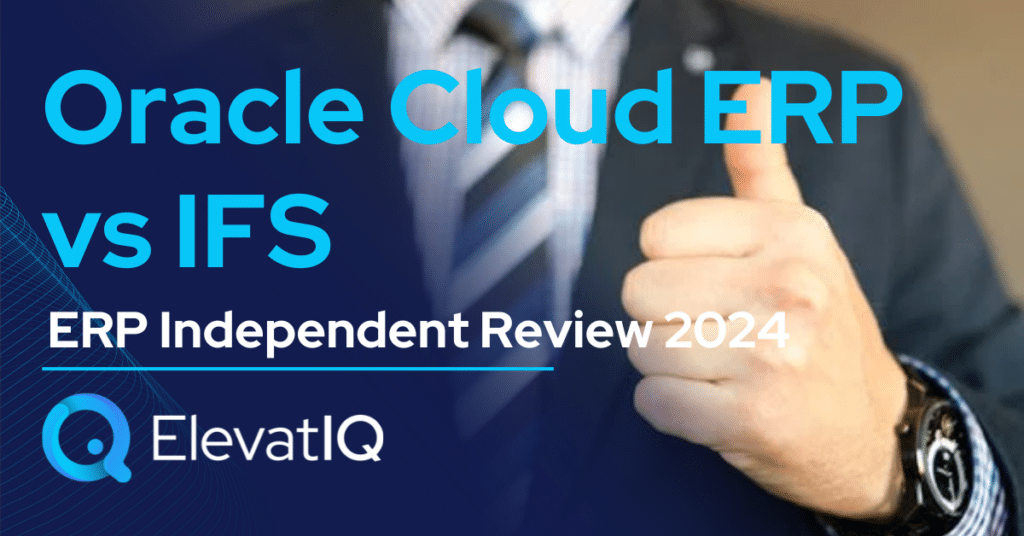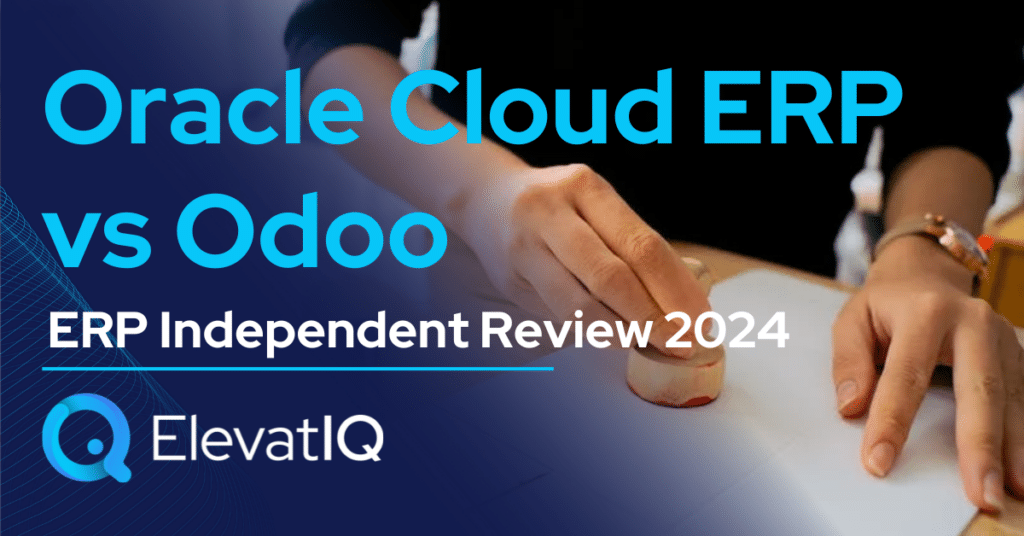Last Updated on March 26, 2025 by Sam Gupta
“The ability to learn faster than your competitors may be the only sustainable competitive advantage,” says Arie de Geus of Shell Oil. And the best way to assess whether you are ready for something is by reviewing your competitors, especially if you are unsure. This article outlines most scenarios when other businesses consider upgrading their ERP systems. It will help you explore your journey by learning from your competitors.

To prepare this list, we have analyzed a random sample of 45 companies from our client base. And their triggers of the need for an ERP system. This chart represents the results of that analysis. “Outgrowing current systems” seem to be the leading factor while “management changes” seems to be the second biggest factor.
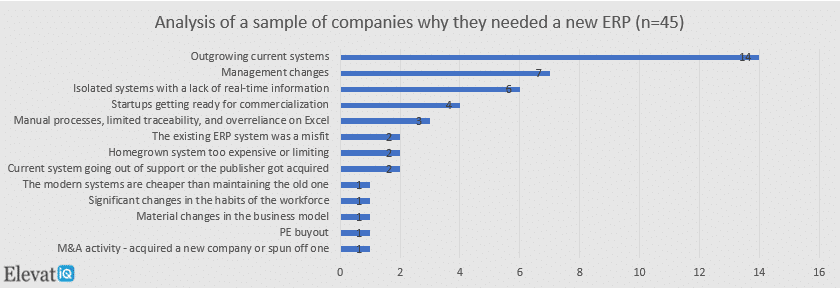
Understanding these triggers and the core reasons behind them will help you identify opportunities for your company. One thing you might not want to do is to miss the opportunities just because of unawareness.
1. Outgrowing current systems
This seems to be the top reason why companies usually look for a new ERP. ERP systems are designed based on the size of a company, industry, etc. What are the major variables for selecting the right ERP system? How much planning would you need for your company, as ERP systems are primarily responsible for planning?
Installing an ERP for the first time? You may be aiming for the ERP upgrade to last the next 10-20 years. This is rarely true, though, especially if you are a growing company. Also, as you grow, the need for planning changes every couple of years. For example, a small company with a revenue of $50M? You will be overplanning if you plan like a large company with a revenue of $5B company. This planning may also be counter-productive.
Similarly, an ERP that is designed to assist with the planning of a large company may not be the best fit for a small company or vice versa. Every couple of years, your need for planning changes. And so does the need for an ERP system that is suitable for the size of your company.
Think of it this way, if you are single and the only reason why you need a car is to commute to work then Corolla may be enough. A truck may be overkill. However, if you are in a moving business where you have to carry heavy goods then Corolla may not be enough. As with vehicles, you need to choose the right ERP system depending on the stage of your company. And once you outgrow it, you need to plan the upgrade.
This is why companies outgrow their systems every couple of years and why this is a predominant reason for a switch.
2. Management changes
This is among the top two reasons for a new ERP project. Once a company hires a seasoned controller, CFO, or IT executive, they hire them as current management feels that their business has room to be organized and streamlined. These executives need to have the necessary experience to take the company to the next level.
For example, as the company grows, it might be pursuing several compliance certifications. Such as HIPAA or 21 CFR Part 11. As well as end-to-end traceability. Until now, they may have been able to manage the manual processes as they were small. Now management may feel that with growth, the manual processes could be inefficient and risky. And the executives will be responsible for automating these processes.
These executives may have worked for a larger organization and used a sophisticated ERP system firsthand. The goal is to use to get inspired by that experience and streamline the current business. This is why management change is the second most common reason for a new ERP.

3. Isolated systems with a lack of real-time information
While this reason could be thought of as similar to outgrowing the current system, this is listed as a separate item. These companies might not be growing as fast, but they might be operating on isolated systems. Such as QuickBooks or Sage as their accounting system. Epicor or Mysis is the manufacturing add-on, and there are a couple of Shop Floor and WMS add-ons. This architecture may be able to meet the needs of a small company with under $5M in revenue. It may be harder to grow afterward, however, as there will be significant duplication of data. And analytical work required to produce real-time data for their sales, operations, and finance teams.
The driver here is not necessarily the outpaced growth but it’s the architecture of ad-hoc systems. Real-time information across the processes is needed. An example of real-time information would be:
- Which inventory items are in the stock that the sales team can comfortably use to commit to the customer?
- What is the profit margin on each item that is being sold? And if there may be a product mix that might allow them to earn a higher profit margin without losing the sale?
- Which regions sell the products with the highest profit margin and which are the highest-grossing?
This information is typically gathered in the form of delayed reports in the case of the architecture of disconnected systems. With a fully integrated system, you can get this information with a bunch of clicks. Getting this deep insight is a huge value for a company that has never had access to such information. And this is why this is the third reason for a new ERP.

4. Startups getting ready for commercialization
Some startups might spend a significant amount of time in the R&D phase. For example, a new battery manufacturing technology company, a new solar panel, or a medical device. Once they are ready for commercialization, they will be in high demand by other manufacturers or distributors who want to take advantage of the new technology and commercialize the products before the market becomes too crowded.
The startup would need to ramp up its manufacturing capacity at a very fast pace and manage its fulfillment process. Startups such as these experience a significant amount of growth in their early years, and in most cases, they will be growing faster than their peers.
To manage this growth, they like to be on an ERP system before their commercialization and this is why this is another reason why companies look for a new ERP.
5. Manual processes, limited traceability, and overreliance on Excel
There are two groups of companies that fall into this category. Some of these companies could be traditional companies that’s been running like this for decades but with changing times they feel that they could be benefited by digitizing their processes. The other category of companies could be the smaller companies under $5M that never needed a system as they could manage their business on paper or spreadsheets until now but now it’s becoming unmanageable.
Both of these groups exhibit similar behavior in terms of their processes. Their processes are overly manual or they utilize spreadsheets to manage their end-to-end processes. These companies feel that they can’t grow with these manual processes or they feel that they could be growing faster if they didn’t have as many bottlenecks in their processes. This is why is also the reason why companies look for a new ERP.
6. The existing ERP was a misfit
Companies in this group would install an ERP, but the vendor or the consultant may have failed to understand the business of the company and installed the wrong ERP. For example, most ERP systems specialize in certain industries. They typically are cheaper in those industries and have lower implementation risks, as they have been proven there. Let’s take an example of the Acumatica ERP system. It specializes in certain industries, such as manufacturing, distribution, field service, and construction.

Infor CloudSuite Industrial (Syteline), however, focuses on very specific manufacturing industries such as Automotive, Electronics/Electrical Manufacturing, Aerospace and Defense, Medical devices, Windows and Door Manufacturing, and Industrial Machinery and Automation. If a consultant misunderstands the requirement of a distribution company and recommends Infor CloudSuite Industrial (Syteline) ERP for them, it would be a terrible fit as it is not designed for distribution companies. Similarly, if an ERP that has deep specialization in a specific micro-vertical will be far cheaper than a generalized ERP.
The reason why this is also a reason for a new ERP is that most ERP consulting firms specialize in only one ERP system, and sometimes it’s hard for them to know if they might be overcommitting with the only system they might be expert on. This is why it is important to work with a consulting firm such as ElevatIQ, which specializes in multiple ERP systems, so they can recommend the most appropriate option for you based on your business model and needs.
7. Homegrown systems too expensive or limiting
Since ERP engagements are one of the most intimate relationships where ERP consultants are likely to know most about their business, some companies don’t feel like working with these consultants as they feel that their business processes are unique and they don’t feel comfortable standardizing them and aligning them with industry-leading practices.
From our experience, we notice this issue only with smaller companies. Once a company grows beyond $30M in revenue, they usually focus on its core expertise and outsource other processes. For example, for a manufacturing company, volume or precision manufacturing could be their core expertise. Similarly, for a distributor, scaling their supply chain and optimizing their operations could be their expertise.
The homegrown systems are also not as agile as some of the modern cloud ERP systems such as Infor CloudSuite Industrial (Syteline) and Acumatica. They could also be very expensive. This is why these companies look for a new ERP system when their homegrown system becomes too expensive or limiting.
8. The current system going out of support or the publisher got acquired
This is also among one the chief reasons why companies look for a new ERP system. For example, Macola and Infor Point.Man are expected to go out of support very soon and most businesses that were on these systems would need to find a new home.
If publishers don’t have enough install base or not growing, they are likely to go out of business. This is why it is important to check the financial standing of the publisher. They might also get acquired by larger ERP players. For example, Point.Man was acquired by Infor. If this happens, in some cases, the companies that are acquiring may decide to kill the product and move to some of their other ERP systems, such as Infor CloudSuite Industrial (Syteline). Sticking with an outdated ERP may be riskier, and this is also the reason why companies are looking for a new ERP.
9. The modern systems are cheaper than maintaining the old one
This reason is similar to the homegrown case but the difference here is that you might be on another ERP system such as Microsoft GP or SAP Business One with significant customization by the reseller that may have become expensive to maintain over time due to hardware costs, maintenance, and upgrades required.
Cloud ERP systems such as Acumatica or Infor CloudSuite Industrial (Syteline) are far cheaper due to economies of scale and because the industry-specific functionality is built as part of the product.
The customized legacy systems may not have enough market share to provide the same economy of scale that publishers such as Infor can offer through their industry-specific editions and this is why this is also the reason why companies look for a new ERP to reduce their annual spend.
10. Significant changes in the habits of the workforce
Each demographic demonstrates specific habits. For example, older generations are not as tech-savvy and they might be fine with command-based legacy ERP systems. The newer generations, however, are used to modern technologies with intuitive interfaces on their mobile devices.
Most legacy systems such as Microsoft GP or Macola were not mobile-friendly as they were designed when mobile technologies were not as prevalent. The newer applications such as Acumatica were born in the age of cloud and mobile, and therefore, they provide a better experience to the users than legacy systems.
Companies that are going through a culture transformation such as hiring newer workers or tech-savvy workers or a pandemic such as COVID-19 might require the workforce to be enabled with mobile-friendly technologies, and this is why this is another reason why companies look for a new ERP system.
11. Material changes in the business model
Companies that are going through a business model transformation such as a manufacturing company pursuing direct-to-consumer or e-commerce capabilities, or a distribution trying to deepen in their value chain and may manufacture the goods themselves.
If this happens and if they might have an industry-specific ERP, they may need to upgrade it considering the new business model.
It may not be wise to buy a diverse ERP or an ERP considering the new business model if such a change may not be likely in the foreseeable future as it may be more expensive.
However, once these changes are in place, you may want to assess your revised processes and find an ERP that is suitable for the new business model. This is another reason why companies look for a new ERP if they have experienced a material change in their business model.
12. PE buyout
The reason why private equity may be interested in a manufacturing or a distribution company is that they feel that by optimizing the company’s process and by putting better management and control, they can improve the top or the bottom line, in the hope of increasing the value of the company in a specific period. The period for which they buy these companies could be anywhere from 5-7 years as they expect to exit after that.
To fix the process issues or to integrate or standardize with other companies in their portfolio, the companies might be interested in replacing their ERP systems and this is why this is also the reason why companies replace an ERP system.
13. M&A activity – acquired a new company or spun off one
Mergers and acquisitions are very common in the manufacturing and distribution industries. Manufacturing companies could acquire other companies to penetrate newer markets, capitalize on a technology or process, or for the economy of scale.

These M&A activities drive the need for integration and the integration might drive the need for a modern ERP that is slightly more integration-friendly. The other reasons could be similar to PE buyout where companies might standardize the ERP systems so that integration doesn’t become cost-prohibitive and it’s more seamless than a heterogeneous architecture would provide.
Conclusion
Now that you know a bit about the different triggers of why companies look for a new ERP. You might want to watch for these opportunities in your company and be faster than your competitors to gain a sustainable competitive advantage.
To the very least, review at least every year and decide if your systems might be ready for an upgrade.
